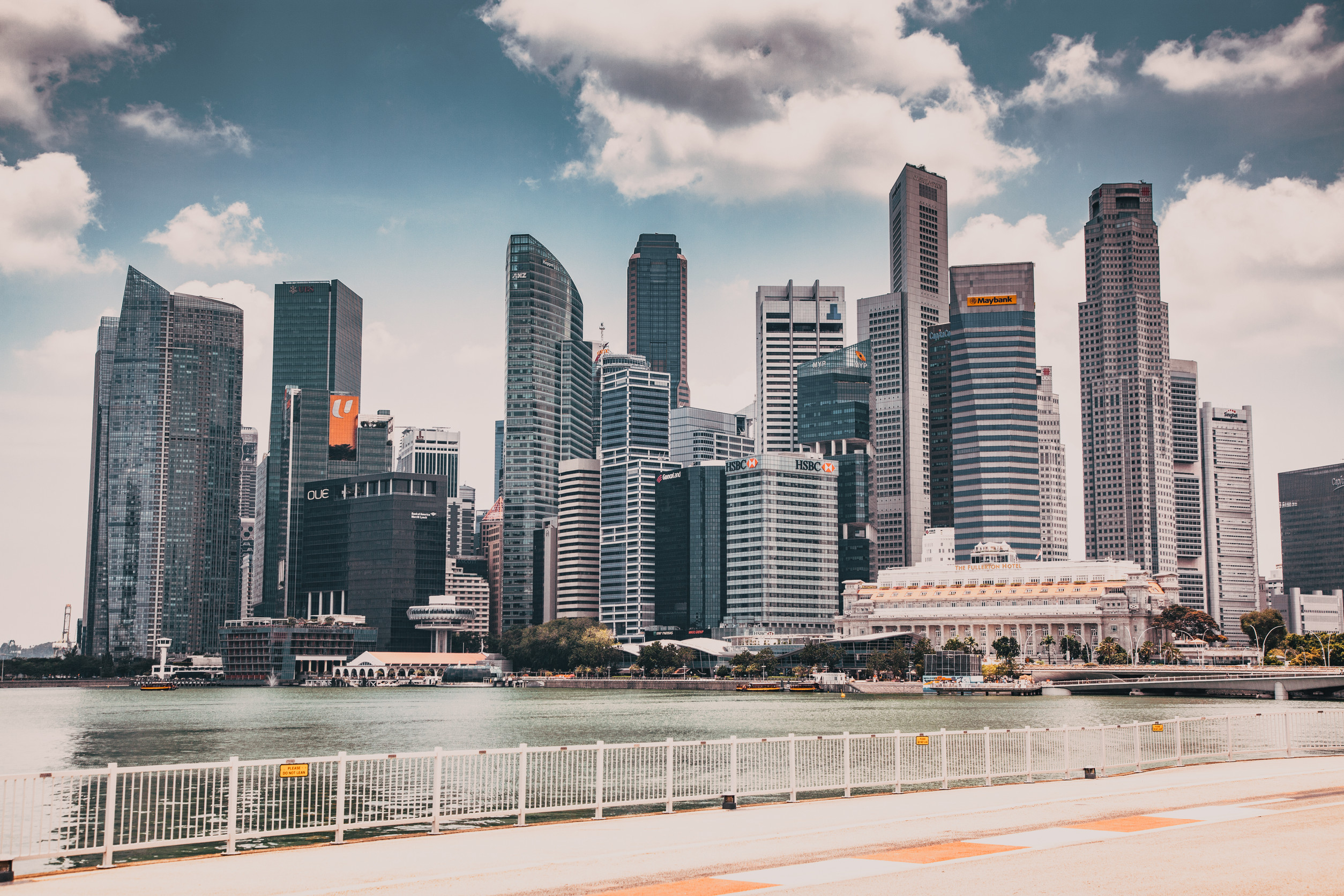Singapore launches economic review with a focus on human capital
- Josephine Tan
- Topics: Employment Law, Home Page - News, News, Singapore

In a move to safeguard the country’s competitiveness and economic resilience, Singapore has launched a comprehensive review of its national economic strategy, with a sharpened focus on supporting employees through future challenges.
Deputy Prime Minister Gan Kim Yong underscored the need to “secure good opportunities for Singapore and Singaporeans” amid intensifying geopolitical tensions, global tariff shifts, and rapid technological disruption. The review, spearheaded by the Singapore Economic Resilience Taskforce (SERT), will involve five new committees developing long-term strategies in key economic areas, including human capital development and managing the workforce impact of economic restructuring.
The fourth and fifth committees, in particular, are tasked with ensuring that employees are not left behind in this next phase of national development.
Specifically, the fourth committee will examine how to strengthen Singapore’s human capital by empowering employees with future-ready skills and ensuring greater career mobility and resilience. It is co-chaired by Acting Minister for Culture, Community and Youth David Neo and Senior Minister of State for Manpower and Health Dr Koh Poh Koon. The committee aims to engage employers, unions, and training providers to identify gaps and propose initiatives that prepare employees for new and emerging roles.
READ MORE: Singapore sets up national taskforce to safeguard jobs amid US tariff impact
Beyond skilling, the fifth committee, co-led by Minister of State for Defence Desmond Choo and Minister of State for Social and Family Development Goh Pei Ming, will address the impact of economic restructuring on employees and businesses. This group will explore measures to mitigate disruptions, such as job displacement due to technological advancements or shifts in global supply chains, while ensuring employees are supported through transitions.
The five committees are co-chaired by 10 political office-holders, with a mix of experienced ministers and newly elected Members of Parliament who are new to their roles. Gan noted that this composition is intentional, designed to combine the wisdom of seasoned leaders with the fresh perspectives of a new generation. He stated that this balance of “old and new, the young and older, more experienced and fresh political office-holders” will generate a more comprehensive and effective set of recommendations. The committees also include members of the private sector, unions, and other key stakeholders, ensuring a wide range of voices are heard, reported The Straits Times.






